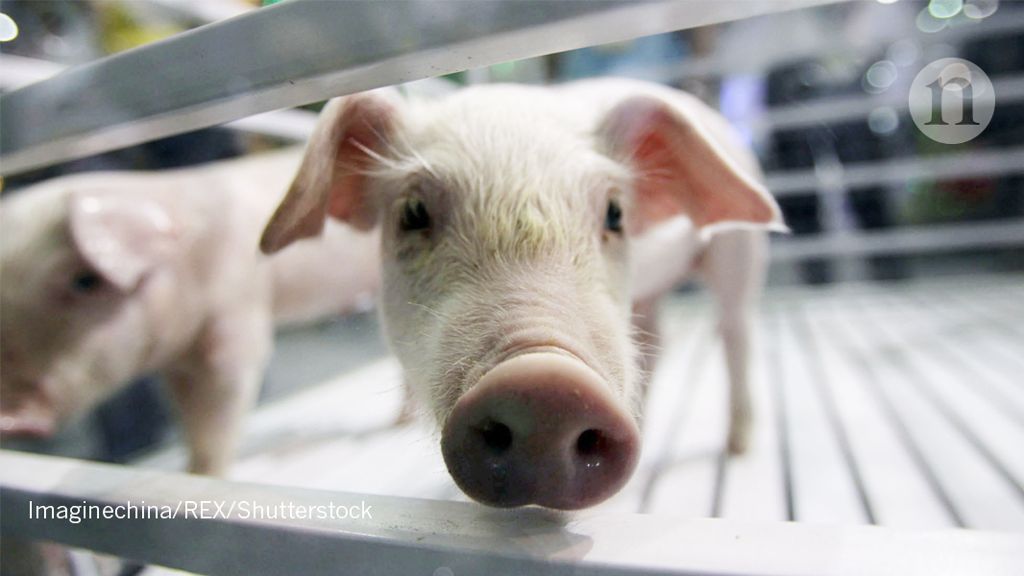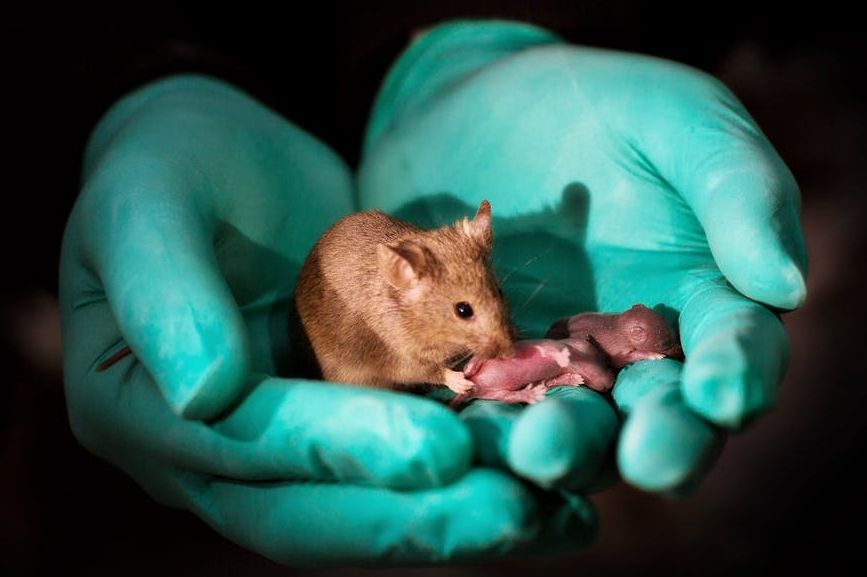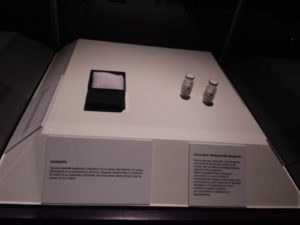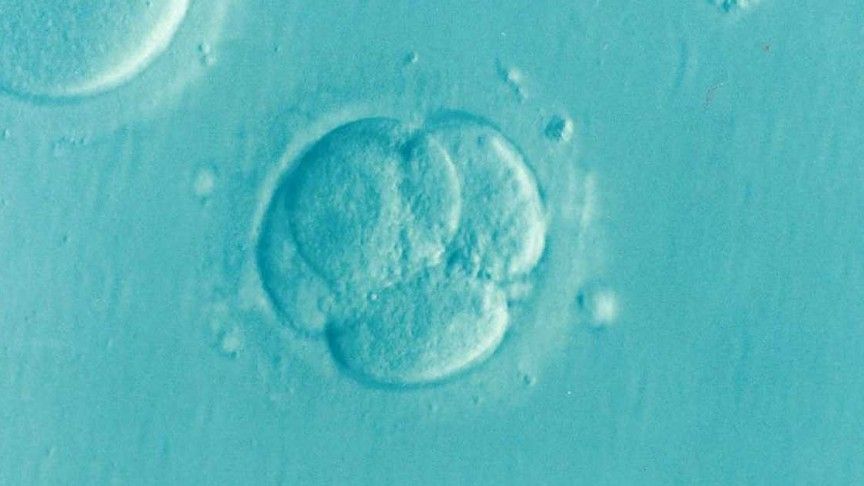Wonderful to see the continuing progress of Mr. Omar Flores, with the support of his lovely wife, actress Mayra Sierra, today on the Venga la Alegria (VLA) show on TV Azteca (http://www.aztecauno.com/vengalaalegria) — The importance of an integrated approach to curing spinal cord injury including family, physical therapists, and the medical team at Regenerage (https://regenerage.clinic/)
Category: bioengineering – Page 196



Biohackers Are Implanting Everything From Magnets to Sex Toys
Biohacking raises a host of ethical issues, particularly about data protection and cybersecurity as virtually every tech gadget risks being hacked or manipulated. And implants can even become cyberweapons, with the potential to send malicious links to others. “You can switch off and put away an infected smartphone, but you can’t do that with an implant,” says Friedemann Ebelt, an activist with Digitalcourage, a German data privacy and internet rights group.
Patrick Kramer sticks a needle into a customer’s hand and injects a microchip the size of a grain of rice under the skin. “You’re now a cyborg,” he says after plastering a Band-Aid on the small wound between Guilherme Geronimo’s thumb and index finger. The 34-year-old Brazilian plans to use the chip, similar to those implanted in millions of cats, dogs, and livestock, to unlock doors and store a digital business card.
Kramer is chief executive officer of Digiwell, a Hamburg startup in what aficionados call body hacking—digital technology inserted into people. Kramer says he’s implanted about 2,000 such chips in the past 18 months, and he has three in his own hands: to open his office door, store medical data, and share his contact information. Digiwell is one of a handful of companies offering similar services, and biohacking advocates estimate there are about 100,000 cyborgs worldwide. “The question isn’t ‘Do you have a microchip?’ ” Kramer says. “It’s more like, ‘How many?’ We’ve entered the mainstream.”
Research house Gartner Inc. identified do-it-yourself biohacking as one of five technology trends—others include artificial intelligence and blockchain—with the potential to disrupt businesses. The human augmentation market, which includes implants as well as bionic limbs and fledgling computer-brain connections, will grow more than tenfold, to $2.3 billion, by 2025, as industries as diverse as health care, defense, sports, and manufacturing adopt such technologies, researcher OG Analysis predicts. “We’re only at the beginning of this trend,” says Oliver Bendel, a professor at the University of Applied Sciences & Arts Northwestern Switzerland who specializes in machine ethics.


Babies Born From Two Mothers Survive for First Time in Mouse Study
Everyone knows it takes a male and a female to make a baby. But what a new study from the Chinese Academy of Sciences suggests is that maybe it doesn’t. In a new study, the team of scientists reports they did the seemingly impossible: Produce healthy baby mice from two mothers. The researchers describe their achievement in a breakthrough new paper in Cell Stem Cell.
The single-sex parent phenomenon has been observed naturally in reptiles, fish, amphibians, and invertebrates, but it was never thought to be possible in mammals, who reproduce differently. But as the team describe in their paper, all it took was overcoming the genetic limitations that usually make same-sex parenting impossible. The team, which also included researchers from Northeast Agricultural University in Harbin, China, used a combination of stem cells and CRISPR precision gene editing to produce healthy mice from two mothers. Interestingly, they tried the same with embryos from two fathers, but those offspring only lived a few days.
In the paper, they describe the bizarre, ingenious way the mouse embryos were formed using an egg from one mother a stem cell from another mother. The team’s breakthrough was figuring out how to manipulate the DNA of the stem cell so that the babies wouldn’t have birth defects.

Bioquark Inc. — Real Bodies Milano Exhibit — Ira Pastor


Artificial enzymes convert solar energy into hydrogen gas
In a new scientific article, researchers at Uppsala University describe how, using a completely new method, they have synthesised an artificial enzyme that functions in the metabolism of living cells. These enzymes can utilize the cell’s own energy, and thereby enable hydrogen gas to be produced from solar energy.
Hydrogen gas has long been noted as a promising energy carrier, but its production is still dependent on fossil raw materials. Renewable hydrogen gas can be extracted from water, but as yet the systems for doing so have limitations.
In the new article, published in the journal Energy and Environmental Science, an interdisciplinary European research group led by Uppsala University scientists describe how artificial enzymes convert solar energy into hydrogen gas. This entirely new method has been developed at the University in the past few years. The technique is based on photosynthetic microorganisms with genetically inserted enzymes that are combined with synthetic compounds produced in the laboratory. Synthetic biology has been combined with synthetic chemistry to design and create custom artificial enzymes inside living organisms.